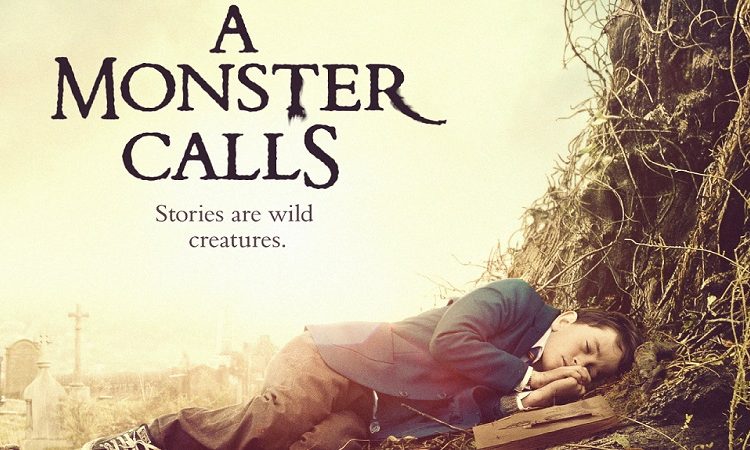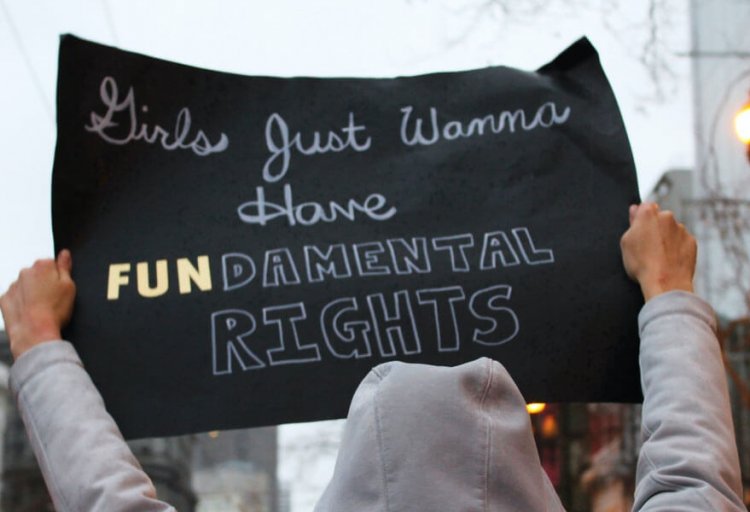While you were sleeping, a woman in Seattle held a knife next to her pregnant belly.
The mother of four – soon to be five – with a history of mental illness and domestic abuse, called the police because she was afraid. The father of her youngest child had abused her, according to public records. Her partner “hit her with a baby bottle, struck her on the head and shattered the back window of her car, where all four of her children had been sitting.” It wasn’t the first time her partner had been violent. He had punched holes in the walls and even hit her while she was pregnant. Four of the eight years they were together were a scrapbook of hell.
When the police came to the familiar address, they found the African American woman, who weighed less than 100 pounds, holding a knife. According to police records, the pregnant woman cornered one officer in the kitchen with the knife before charging at the other. Both officers shot and killed the woman. Three of her four children, ages 11, 4, and 1-years-old, were in the home at the time. One of the children has Down’s syndrome. She doesn’t understand why her mother is dead and neither does her family.
I don’t blame you for Charleena Lyle’s death. I didn’t know her or her family. However, the story stayed with me long after I turned off my laptop and tried to go to sleep that night. I tossed alone in bed, trying to make sense of what happened. Did Lyles die, as her family asserted, because she was a poor black woman and the police are trained to shoot such women to “neutralize the threat?” Did her family blame the police to assuage their own guilt for not helping “Leena,” as they called her, even though they knew of her declining mental health and possibly the abuse she suffered at the hands of her boyfriend? Did the local anti-poverty organization that tried to help Charleena and her family find permanent housing resort to “checking its policies and procedures” once her death made the news, because they wanted to avoid blame? There are many Charleenas in the world, though they might be called by a different name and live in a different country and their deaths may be under different circumstances. Who failed Charleena Lyles? None of us. All of us.
***
Feminism took a long nap in the past 40 years. In its place rose her sister, the female lifestyle empowerment brand and the two became conflated. Kelly Diels, a writer and feminist marketing consultant, coined the term, which she defines as “an archetype women must comply with and embody in order to be deserving of rights and resources AND a marketing strategy that leverages social status and white privilege to create authority over other women.” Overlaying Diels’ definition to female social or political expression, female lifestyle empowerment is the “you go girl” version of feminism…” It equates buying red lipstick during an economic downturn with a sign of a recovering economy. It confuses the bouncing, high, surgically-enhanced breasts of a pop star in a music video with the erosion of societal structures that determine how a woman chooses to reveal her body. It obfuscates the criticism of the oversexualization of young women and girls as “slut shaming.” It rewards the first female creative director at an acclaimed, historic Parisian couture house for charging $850 for a t-shirt that declares “We Should All Be Feminists,” the title of an acclaimed Nigerian author who excludes transgender women from womanhood.
The “female lifestyle” as empowerment is the defense of wearing a pink pussy hat to a march, calling for the rights of all women, even though not all pussies are pink. It is the casual cruelty of preaching the need for “self-care” after only six weeks into the struggle, branding it liberation, and denying the reality that many women of color, transgender women and other marginalized women cannot “take a break” from institutionalized oppression.
Performing wokeness is not the same as being awake.
Buying a t-shirt isn’t the same as doing something. Feeling badly about Charleena Lyles or some other horrific event in the world, and posting and commenting about it, aren’t the same thing as doing something about it, nor is wringing your hands asking, “what can we do about it?”
Female lifestyle empowerment and “you go girl” feminism keeps women asleep and drooling in our own sense of powerlessness. Women cried during the fight scenes in the Wonder Woman movie because they were mourning the loss of their own inner warrior. Women have traded their battle rattle for the promise of safety, comfort, and protection – mostly offered by men. Some women would rather be cherished than courageous. They would rather be princesses adored on their wedding day than queens of their daily lives.
This isn’t about blaming or abandoning men. It is about telling the truth about why we choose to remain asleep and in doing so bury our authentic, female activist expression under the tulle and cotton of our good intentions.
We are afraid to act because we fear being punished and/or silenced for speaking our truths. We are afraid that if we stand with the most vulnerable among us, then the most powerful will crush us. With our endless questioning and people pleasing, we are maintaining the very structures we say we want to transform. Fannie Lou Hamer never wore a “pussy hat” or carried a “lasso of truth” while she registered black voters in the segregated South, even while beaten by the police after she was arrested for doing so; but she kicked a lot of ass.

We cannot afford for you to be asleep for one more second. You must awaken to the gifts and talents that lie dormant because you say you don’t have time, fear being criticized or alienated, or are engaging in mindless gestures that signify nothing to the people you say you’re trying to help.
If women want to lead the way toward a new paradigm that champions cooperation, collaboration, compassion and social justice, we must lean into the mirror and take a hard look at our daily habits and relationships and design a life that supports our activism and highest desires for a better world. This requires less reliance on the endless loop of social media outrage, consumerism as female empowerment, and thoughts and prayers in the place of consistent action. It urges the understanding that activism is a practice that requires risk; expressed through concrete, consistent action toward the achievement of a specific set of policy objectives, and supported by life-affirming habits and central relationships. To be woke in the world, you must awaken to yourself.









Leave a Reply